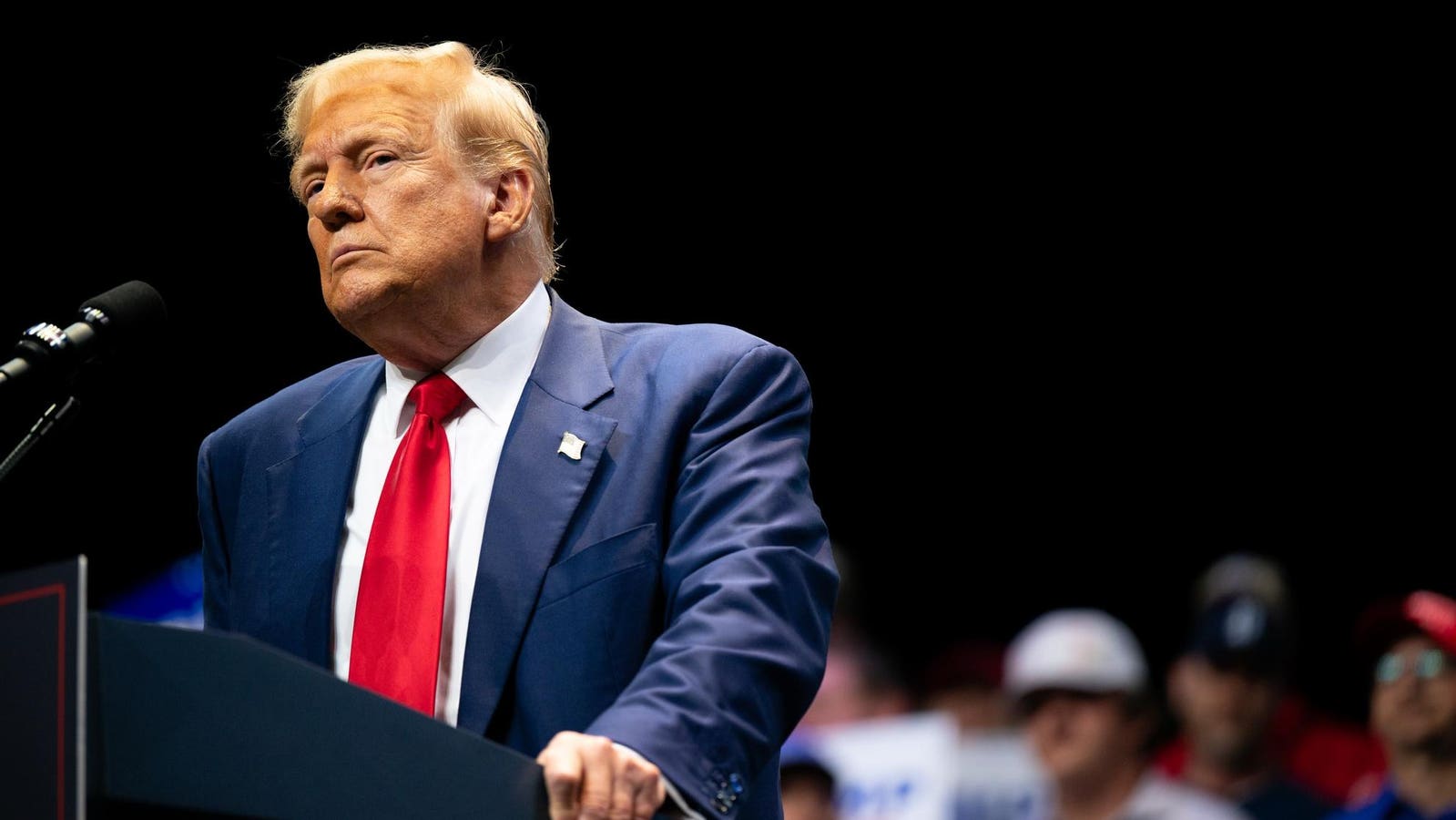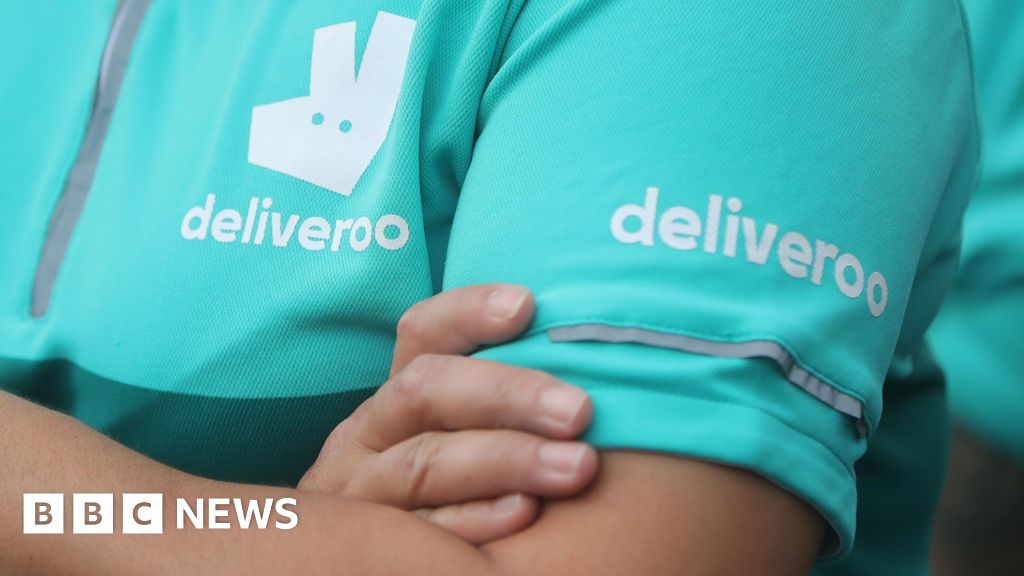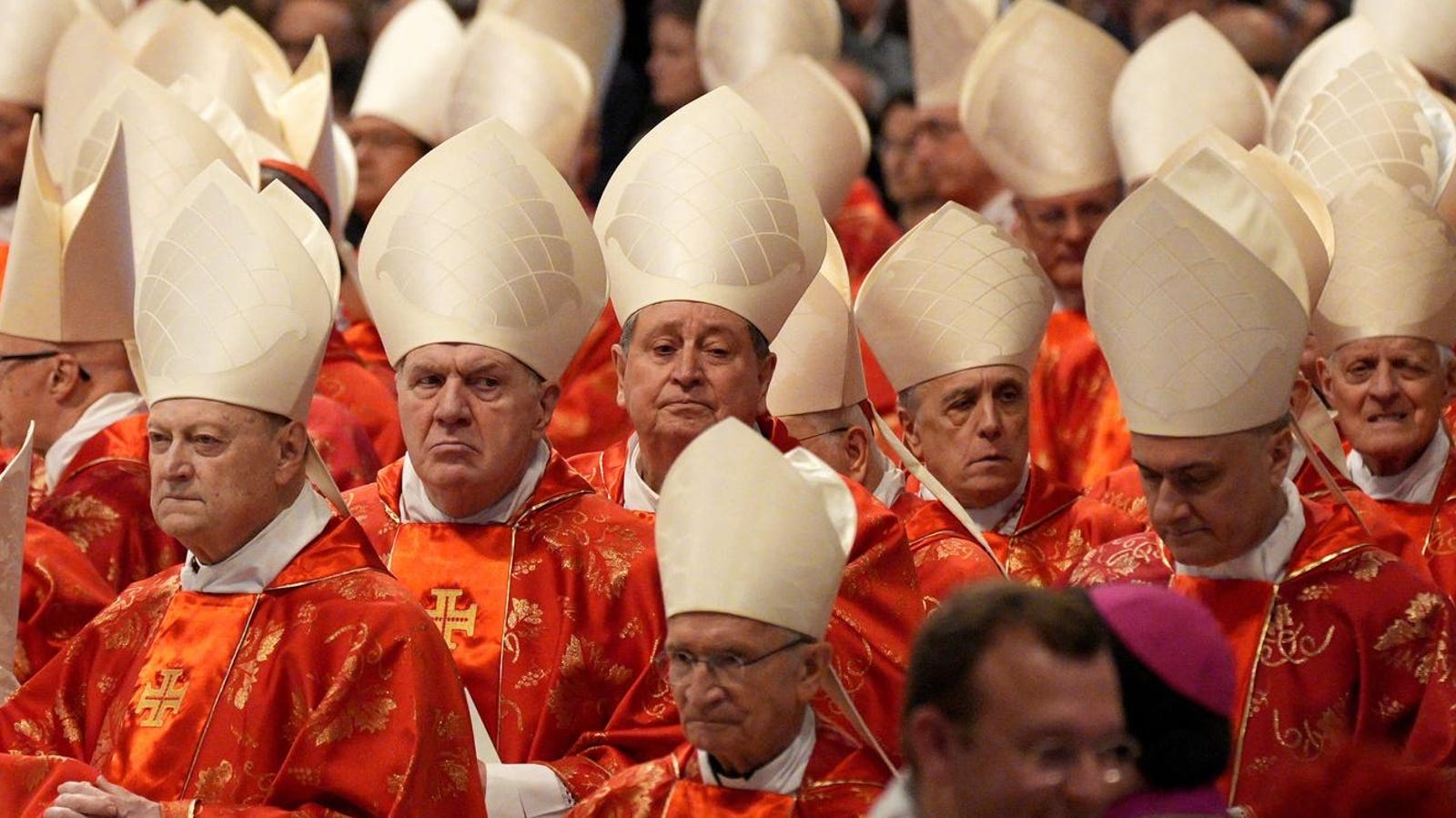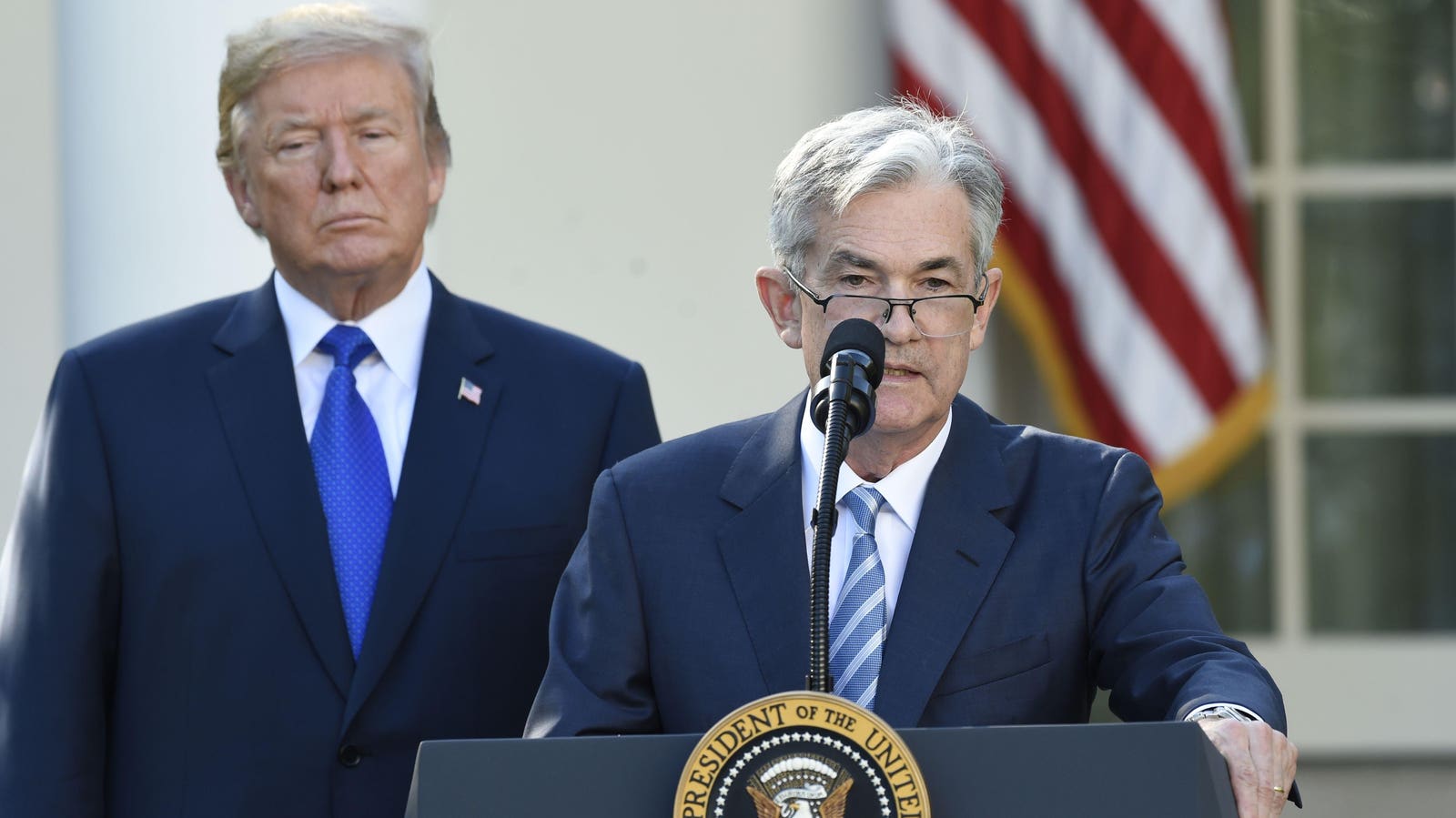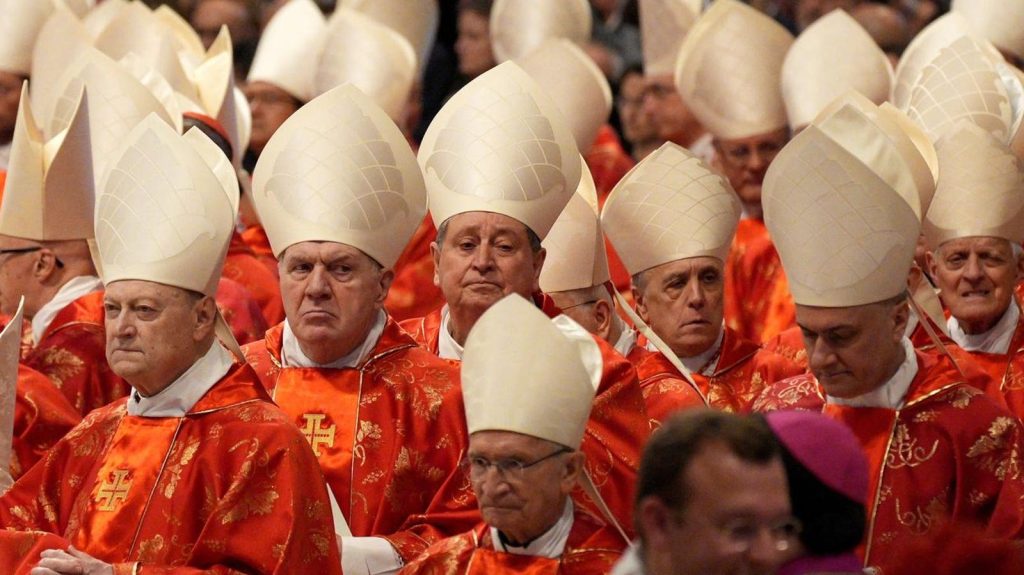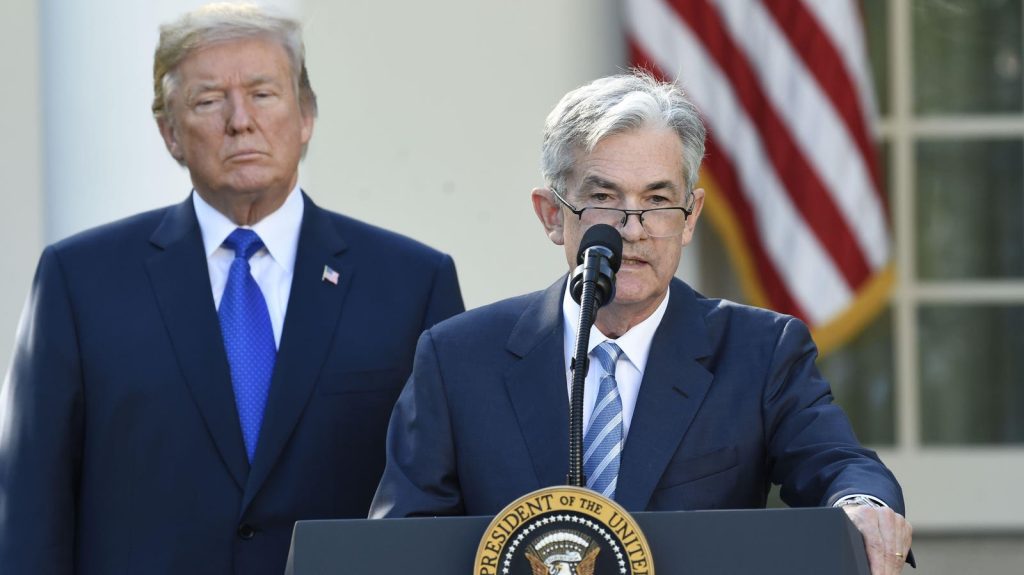Topline
Former President Donald Trump’s lawyers think Special Counsel Jack Smith wants to disclose too much evidence in the ex-president’s criminal case for trying to overturn the 2020 election, opposing a proposed filing laying out prosecutors’ case against Trump that’s set to soon be publicly released.
Former President Donald Trump speaks at a campaign rally on September 24 in Savannah, Georgia.
Key Facts
Smith, who’s overseeing the government’s case against Trump, has filed a document with the court detailing the full case against Trump and explaining how it complies with the Supreme Court’s recent ruling granting Trump and other ex-presidents immunity from criminal charges based on their “official acts” in office.
The filing—which Smith has said will include new evidence not included in the indictment—has not yet been made public, as it includes private information that has to be redacted, with U.S. District Judge Tanya Chutkan making the ultimate decision on what comes out.
Trump’s lawyers filed their opposition to Smith’s proposed redactions on Tuesday, arguing prosecutors want to make information public that they previously claimed should stay under wraps, and without considering “the implications for witnesses, potential jurors, and the integrity of the proceedings.”
Smith is trying to release “voluminous purportedly sensitive witness statements,” including “direct quotations and summaries,” Trump’s attorneys argued, claiming the redactions prosecutors propose don’t adequately protect witness identities, and conflict with efforts by Smith’s office to keep identifying information private.
Trump’s lawyers claimed Smith is trying to keep information unredacted because the Justice Department wants to harm Trump in the presidential election, calling the filing a “politically motivated manifesto” and alleging prosecutors want it to be public “in the final weeks of the 2024 Presidential election while early voting has already begun throughout the United States.”
Defense counsel also downplayed what’s in the filing, claiming the document “contains few, if any, new allegations.”
Get Forbes Breaking News Text Alerts: We’re launching text message alerts so you’ll always know the biggest stories shaping the day’s headlines. Text “Alerts” to (201) 335-0739 or sign up here.
Contra
In a motion asking to file both unredacted and redacted versions of the document with the court, Smith suggested the government’s redactions don’t identify witnesses as Trump’s lawyers claim. He told the court prosecutors redacted all names of witnesses that haven’t already been made public in the indictment, including when quoting public information like tweets. Smith noted that releasing names of witnesses “could lead to identified witnesses being intimidated and threatened,” and said the government’s proposed redactions “mitigate that risk while making substantially available to the public the evidence and argument in support of its motion.”
What To Watch For
What new information could be released before Election Day. Chutkan will now have to rule on what redactions are adopted, and it’s unclear when that ruling will come out. The judge has also asked for Trump’s lawyers to respond by Oct. 10 to proposed redactions in the appendix to Smith’s filing—which would include full transcripts of things like witness interviews, while the main document just has excerpts—but it’s possible she could release just the first part of the filing without the appendix before then. Smith has said the filing is expected to be approximately 180 pages long including the appendix and include information from sources including grand jury transcripts and witness interviews.
What We Don’t Know
How long the federal election case against Trump will take to play out. Chutkan has to rule on what charges against Trump are still valid in light of the Supreme Court’s immunity ruling before the case can go forward to trial, as the high court ruled ex-presidents only have immunity from charges based on their “official acts” and can still be charged based on “unofficial” conduct, but were vague on what in the indictment falls within that “unofficial” scope. There’s no timeline yet on how quickly Chutkan could rule, though it won’t be until October 29 at the earliest, when the last filing on the issue is due. Whenever she does rule, Trump will likely appeal it and try to get a higher court to throw out the case entirely. That means the case could go back to the Supreme Court a second time and get dragged out further before going to trial. If Trump wins the election, it’s also likely the litigation will go away entirely, as he can appoint DOJ officials who would drop the charges against him.
Key Background
Trump faces four federal felony charges in the election case, which is one of four criminal cases that have so far been brought against the ex-president. The indictment accuses Trump of committing conspiracy to defraud, obstruction and conspiracy against rights in his efforts to overturn the 2020 election, pointing to his efforts to pressure state lawmakers and officials to reject the election results and stop Congress from approving the vote count on Jan. 6, including by pressuring then-Vice President Mike Pence to refuse to certify the results and orchestrating a “fake elector” scheme in which state GOP officials submitted false slates of electors to Congress. The case started moving forward again in August after being on hold for months while the Supreme Court considered the immunity issue, indefinitely postponing a planned March trial date. The litigation is one of several criminal cases against Trump that the ex-president has successfully managed to keep from going to trial ahead of the election, and though he did go to trial in Manhattan—where he was convicted on 34 felony counts—his sentencing won’t take place until after Election Day.
Further Reading
ForbesJack Smith Has Filed New Evidence In Trump’s Federal Election Case—Here’s Why It’s Still Not PublicBy Alison Durkee
ForbesTrump Still Faces These Crimes In DOJ Jan. 6 Case—And They All Could Include Prison TimeBy Alison Durkee

